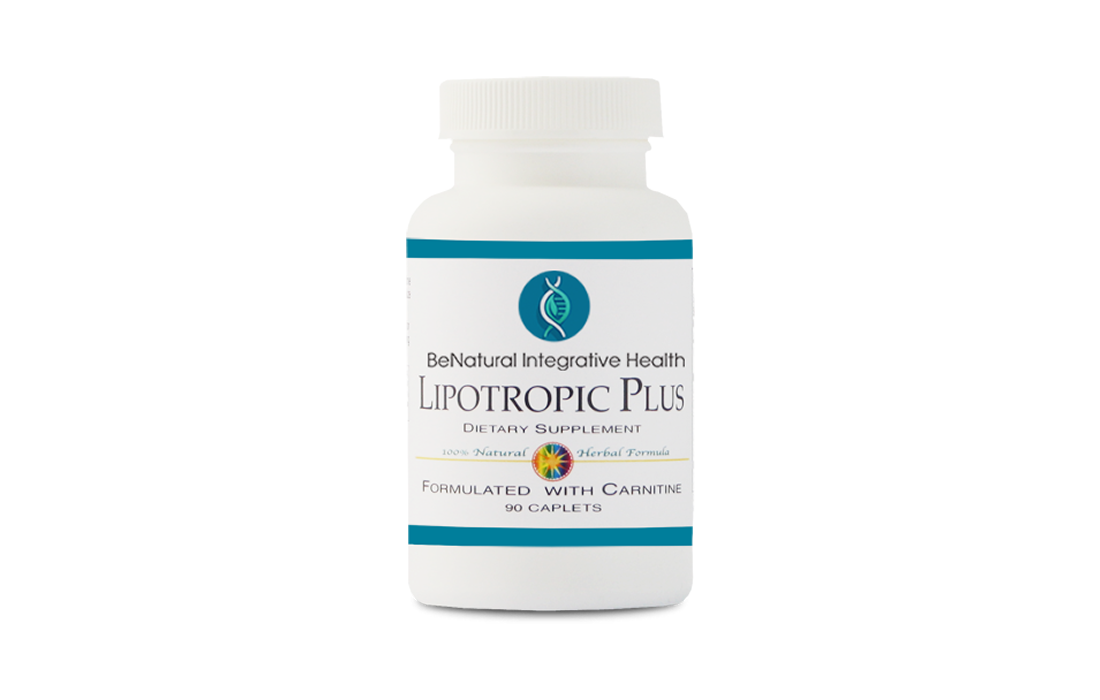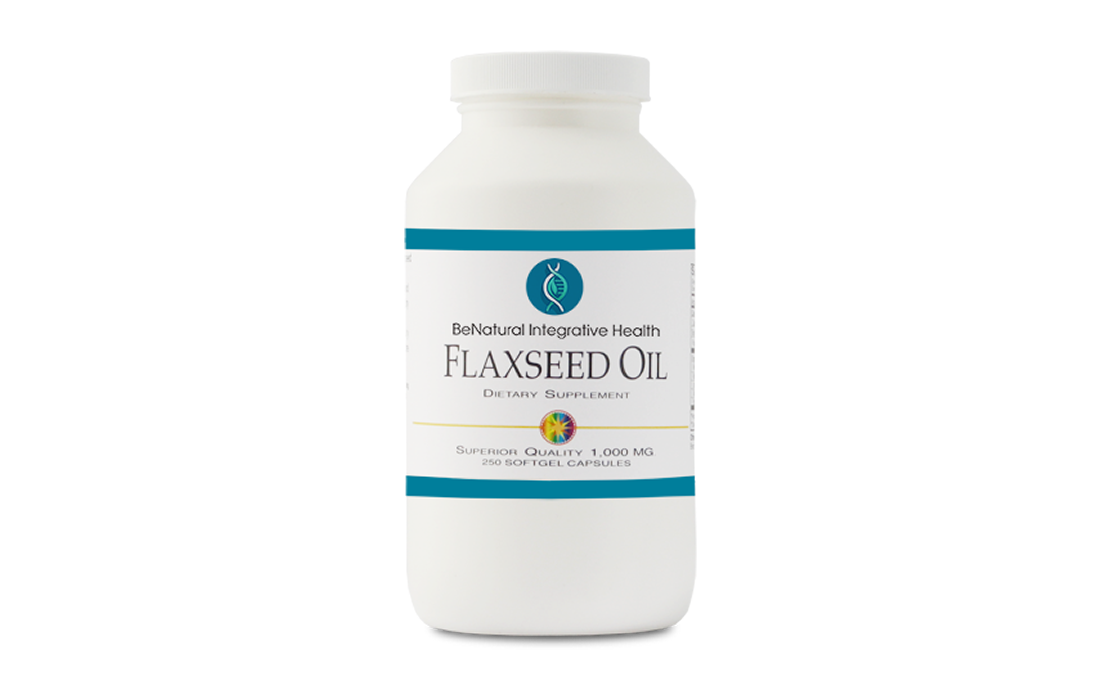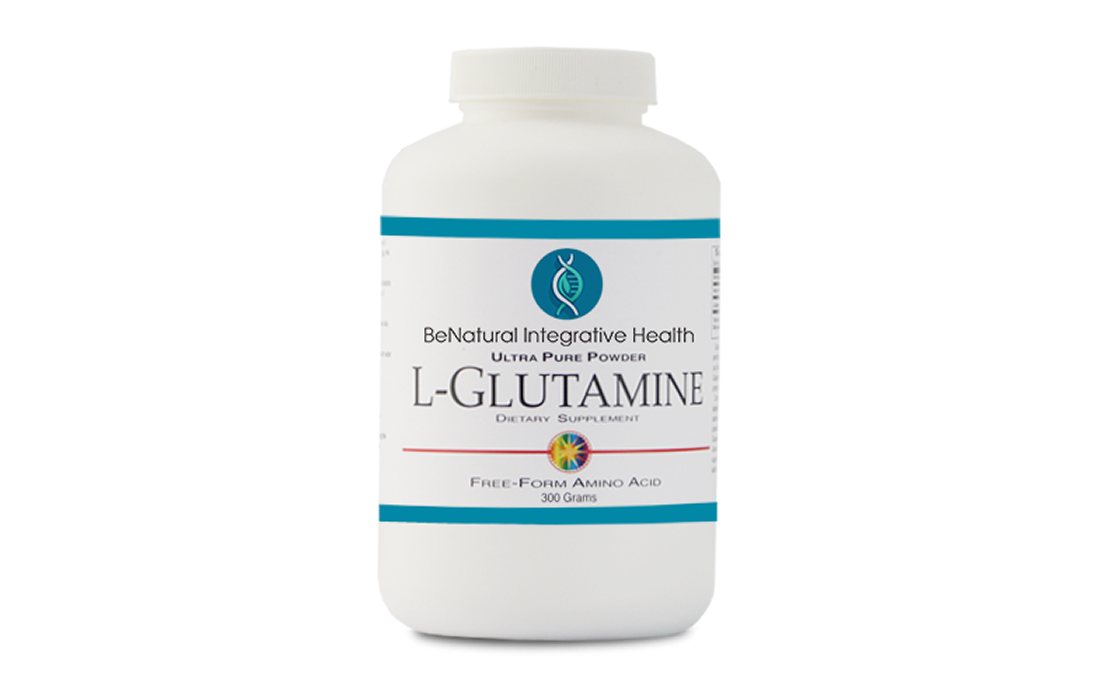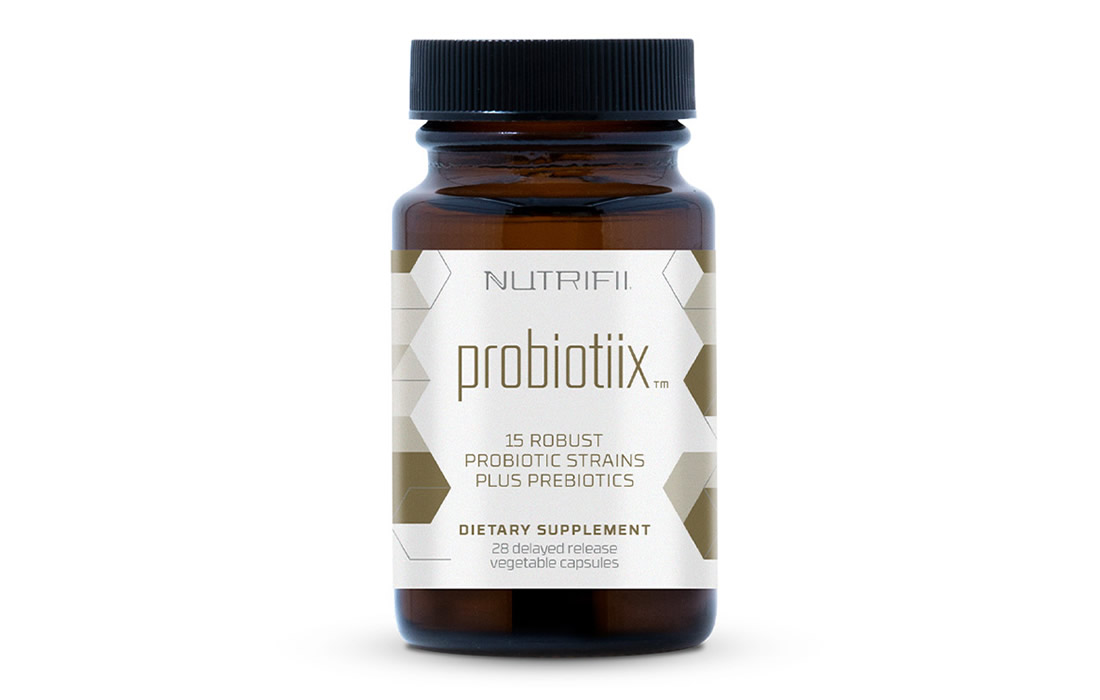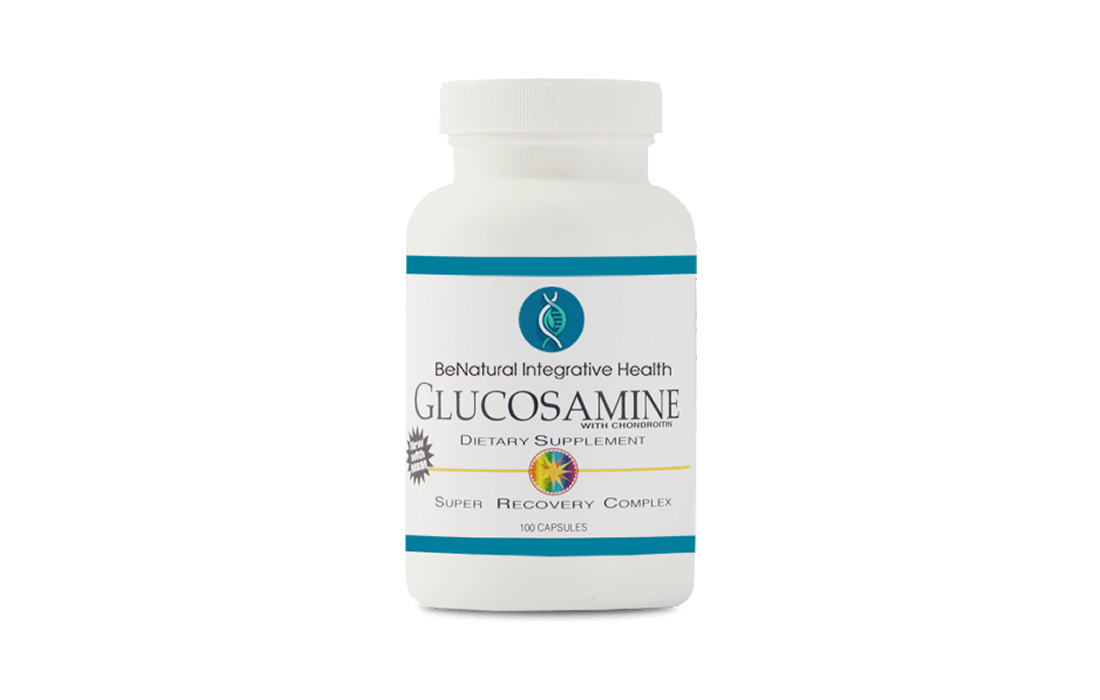What is L-Carnitine? Carnitine, derived from an amino acid, is found in nearly all cells of the body. Its name is derived from the Latin carnus or flesh, as the compound was isolated from meat. Carnitine plays a critical role in energy production. It transports long-chain fatty acids into the mitochondria so they can be […]
Category Archives: Nutrition and Supplements
What is Diabetic Kidney Disease? Diabetic kidney disease (DKD) is a common microvascular complication of diabetes, is characterized by increased albuminuria level or urinary albumin-to-creatinine ratio, decreased glomerular filtration rate (GFR) or both. Approximately 463 million people were living with diabetes mellitus in 2019 according to the International Diabetes Federation., and this number is projected […]
What is Flaxseed Oil? Flaxseed (Linum usitatissimum) and flaxseed oil, which comes from flaxseed, are rich sources of the essential fatty acid alpha-linolenic acid, a heart healthy omega-3 fatty acid. Flaxseed is high in soluble fiber and in lignans, which contain phytoestrogens. Similar to the hormone estrogen, phytoestrogens might have anti-cancer properties. Humans have used […]
The practice of using nature as pharmacy dates back to antecedents and continues today as many of the medications currently in use are derived from plants. Dietary supplements are food products, extracts or concentrates that are intended to supplement diets because they contain certain dietary ingredients such as vitamins, minerals, herbs, and amino acids. They […]
What is Glutamine? Glutamine is the most abundant and versatile amino acid in the body, and is of fundamental importance to intermediary metabolism, interorgan nitrogen exchange via ammonia (NH3) transport between tissues and pH homeostasis. In almost every cell, glutamine can be used as a substrate for nucleotide synthesis (purines, pyrimidines and amino sugars), NADPH, […]
What is Omega? Omega-3s (short for omega-3 fatty acids) are a kind of fat found in foods present in plants and marine life, and in the human body. They are also sold as dietary supplements. Fish oils come from fatty or oily fish, such as trout, mackerel, tuna, herring, sardines, and salmon. They contain omega-3 […]
What are Probiotics? Probiotics are live bacteria and yeast that may benefit a person’s health. They are present in the human digestive system and in some foods and supplements. Probiotics are useful bacteria. They exist throughout the body, although people largely associate them with the stomach and intestines. As evidence of a link between the […]
What is Glucosamine? Glucosamine is a natural compound found in cartilage, the tough tissue that cushions joints. In supplement form, glucosamine is harvested from shells of shellfish or made in a lab. There are several forms of glucosamine, including glucosamine sulfate, glucosamine hydrochloride, and N-acetyl glucosamine. It serves as a building block for various functional […]
Reduced caloric intake without malnutrition is the oldest known life span–extending intervention. Laboratory studies throughout the 20th century established and confirmed the benefits of caloric restriction (CR) in multiple model systems. CR not only increased life span across evolutionarily distant organisms but also reduced age-associated disease burden and functional decline in these studies. Epidemiological data […]
The International Diabetes Federation (IDF) reports that 1 in 10 adults are living with diabetes. Type 2 diabetes accounts for more than 90%Trusted Source of these cases. The IDF estimates that diabetes will affect 643 million people worldwide by 2030, with the number rising to 784 million by 2045. A number of studies have investigated […]

